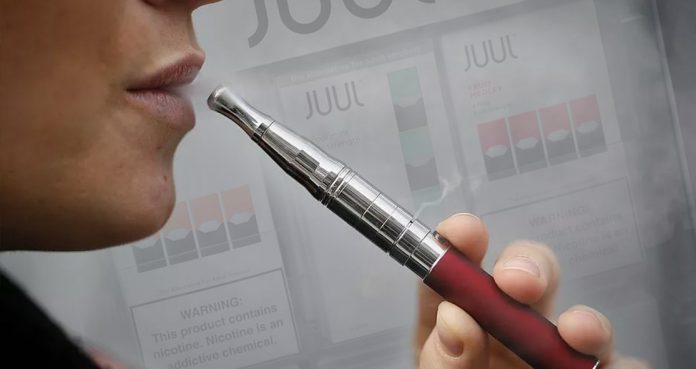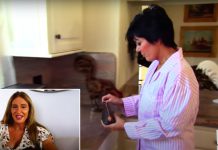Amid ongoing vaping epidemic in the United States, the Trump administration is set to announce this week that it will bring a ban on flavored e-cigarette cartridges popular among teenagers; however, it will allow the sale of menthol and tobacco flavors.
“Flavored liquid nicotine used in open tank systems can continue to be sold,” according to the officials of the administration, who have been briefed on the plan.
On Tuesday, President Donald Trump acknowledged that the flavored e-cig ban would be announced “very shortly.” However, he pointed out that the ban might be short-lived. Also, he did not mention which flavors were involved.
At a New Year’s Even news conference, Trump said, “We think we are going to get back in the market very, very quickly. We have a very big industry. We’re going to take care of the industry.”
In September, his administration considered bringing a ban on non-tobacco flavored e-cigarettes. However, in November, he retreated his administration’s decision due to pressure from his political advisors and legislators.
The officials also referred to a statistical data showing that teenagers are not choosing menthol-flavored cartridges.
However, public health officials said they are concerned that teenagers would switch to menthol instead of quitting vaping.
Assistant Vice President of National Advocacy for the American Lung Association, Erika Sward, said, “Flavors attract kids, and menthol is a flavor. It really helps to numb the senses and makes the poison go down easier.”
Trump’s hesitation to bring a full ban on vaping products has become increasingly clear. In November, he clearly stated he was concerned that a “full ban would drive people seeking flavors to unsafe, illicit products.”
Tobacco and vaping companies have argued, “Adult smokers need e-cigarette options to help them switch from cigarettes — and that because 35 percent of cigarettes sold are menthol brands, taking menthol flavors off the market would pose a hardship for those smokers trying to quit.”
Juul, the largest e-cigarette manufacturer, has stayed out of the debates amid public backlash for playing a key role in the ongoing vaping epidemic. The company took its flavored products off the market after facing legal opposition from public health experts, parents, and schools. It has lost business to competitors who are selling flavors popular with teenagers, such as mixed berry, watermelon, and mango.
As of December 20, 2019, there have been 2,506 vaping related lung illnesses and 54 deaths. The vaping epidemic was declared after two public health crisis occurred. First, the increasing number of young people addicted to vaping products. Second, the recent spate of e-cigarette or vaping associated lung illness (EVALI). The CDC said most EVALI cases were found to have related to vaping products containing THC, a psychostimulant that gets you high.























